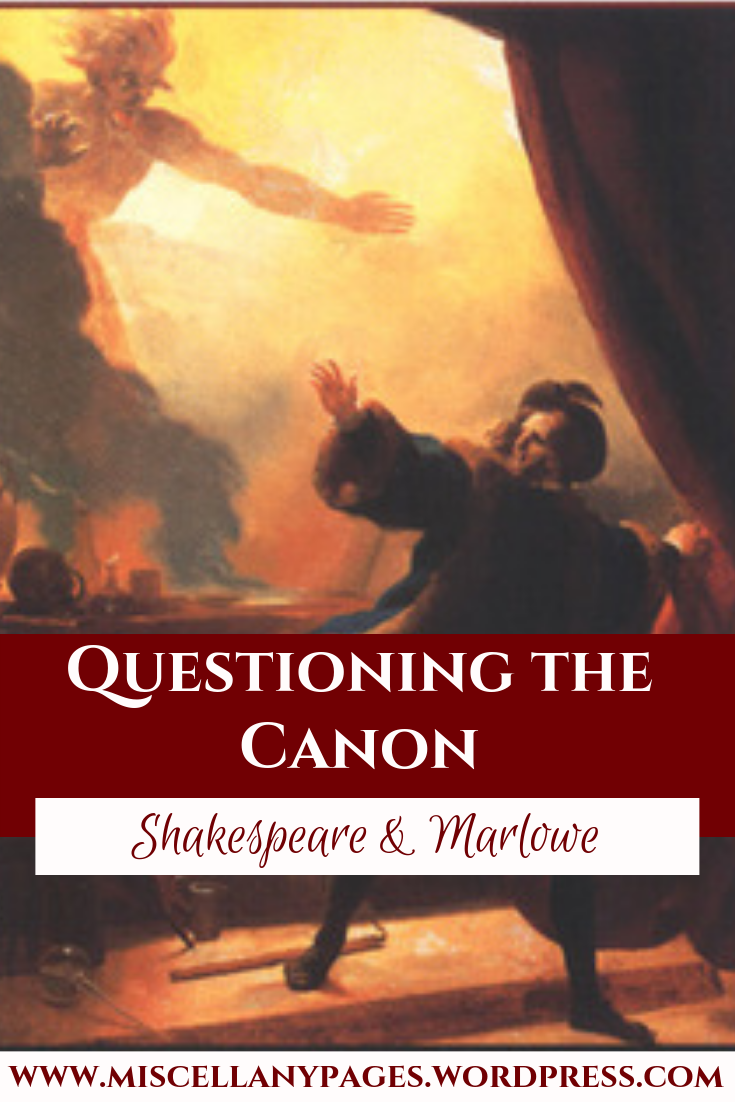I am a proud member of the Better World Books affiliate network – the ethical online bookshop. Please note that this post contains affiliate links.
Questioning the Canon is a new feature in which I hope to bring to light lesser-known books about a certain issue, which can be read alongside or instead of infamous ‘classics’.

The canon is defined as ‘a body of writings especially approved by critics or anthologists and deemed suitable for academic study’, according to the Oxford Dictionary of Literary Terms which is effortfully pulling me through the endless terminology of my literature degree!
“Canon: a body of writings especially approved by critics or anthologists and deemed suitable for academic study”
Essentially, you can think of the canon as equivalent to the Top 40 music charts. These songs are the most frequently listened to, but fans of obscure alternative groups have been questioning since the dawn of time – well, since the NOW CDs came out – whether they actually represent the best quality music. How often do you hear the phrase ‘that’s so mainstream’ used as a dismissal?
“You can think of the literary canon as equivalent to the Top 40 music charts!”
Recently the same phenomenon is taking place in literature. People are starting to discuss whether the authors we hold up as cultural icons – Shakespeare, Dickens, Wordsworth – should be accompanied by previously marginalised writers. Our idea of what constitutes ‘great literature’ is becoming broader.
This can only be a good thing, as it means more diversity and social representation in what we read!
The Canon: Macbeth by William Shakespeare
Number of reads (based on Goodreads ratings): 601,199
Setting: Scotland
Synopsis: Macbeth is the hero of Scotland’s battle at Forres. Having defeated the invasion and protected King Duncan’s land, the general is rising in rank and reputation. However, the ambitious Macbeth and his Lady have set their sights far higher.
As he wades deeper into acts of treachery and violence, guilt seeps insidiously into Macbeth’s psyche. Suspicion surrounds him, formerly loyal friends defect, and England is assembling an army to challenge him. Yet the Scottish tyrant must question whether his downfall will be brought by the enemies without … or those within.
The Questioner: Doctor Faustus by Christopher Marlowe
Number of reads (based on Goodreads ratings): 50,601
Setting: Germany
Synopsis: Having intellectually conquered the fields of law, philosophy and medicine, Dr Faustus is intent on pushing the boundaries of human knowledge further still. When offered a pact with Satan – exchanging his soul for limitless knowledge – Faustus is unable to resist.
As the full impact of what he has done becomes clear, Faustus longs for redemption. Is there hope of forgiveness, or is he doomed to wretched damnation? What follows is a dramatic portrayal of the human psyche in torment.
Questions Asked: Both Macbeth and Dr Faustus are unsettling, taut psychological explorations. The way Marlowe portrays guilt and redemption in Dr Faustus was particularly controversial for the way it highlighted the religious turmoil of the time. Put simply:
- Arminianism = anyone who earnestly repents will be forgiven by God
- Calvinism = God chooses a select few (the elect) to receive salvation, while everyone else (the reprobate) are damned
Both are present in Dr Faustus but neither seems favoured overall. It could be speculated that Marlowe’s own religious uncertainties are what makes the play so deliciously conflicted. I got very into this subject when writing an entire essay on it for my 1500-1700 module (it was interesting I promise!)
Recommendation: Read both!
I have heard critics of Marlowe argue that his writing cannot measure up to Shakespeare’s (although I still find elements of Faustus’ soliloquies breathtaking). Nevertheless, in terms of dramatic impact, Marlowe knocks it out of the park. The final scene of Dr Faustus still gives me goosebumps!
Christopher Marlowe is also a fascinating person to study. As well as a playwright, he is thought to have worked as a spy for Queen Elizabeth’s secret network. His death from a stab wound to the head aged only 29 was reportedly due to a dispute over the bill with friends in a tavern (we’ve all been there!) Despite this, modern historians believe it is far more likely Marlowe’s death was linked to his espionage activities.
I am taking a module on Shakespeare’s contemporaries next year and am looking forward to reading more of Marlowe, as well as other less famous playwrights of the early modern period.
Buy Now on Better World Books:
You may also like Questioning the Canon: Jane Eyre and Wide Sargasso Sea
Have you read either of these plays? Have an under-rated book that you’d like to share? Let me know in the comments – I would love to hear from you!


